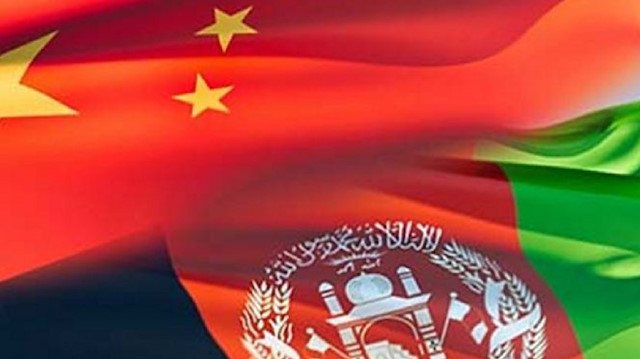
Beijing invites Taliban and prominent political leaders from Afghanistan to conference
A fresh round of intra-Afghan dialogue is going to be held in China next week, a Taliban spokesman said on Wednesday.
Deng Xijun, China's special representative for Afghanistan, met with Taliban’s political chief Mullah Abdul Ghani Baradar in Doha, Qatar’s capital, late Tuesday.
During the meeting, Xijun invited the Taliban to a Beijing conference, Taliban’s spokesman Zabihullah Mujahid told Anadolu Agency.
The Taliban, accepting the invitation, will send a delegation to attend the conference, Mujahid said.
China also invited Afghan government representatives and prominent Afghan leaders to the conference.
However, Mujahid clarified that all participants will attend the conference with their personal capacity, referring to the Afghan government representatives, who are also expected to participate in the talks.
The conference is expected to be held on Oct. 28-29 in Beijing which will be attended by prominent Afghan political leaders to explore ways for peace and reconciliation in the war-torn country and an end to the 19-year long conflict in Afghanistan.
China has close contact with the Taliban, as a group of representatives travelled to Beijing twice in recent months.
Most recently on Sept. 23, a Taliban delegation travelled to Beijing and met Chinese officials after the U.S. President Donald Trump abruptly announced to end peace talks with the Taliban.
In 2015, China hosted representatives of the Afghan government and the Taliban in Urumqi, capital of China's Xinjiang province.
Earlier this month, U.S. representative for Afghan peace Zalmay Khalilzad met Taliban’s chief negotiator and co-founder Mullah Baradar in Islamabad, Pakistan, marking their first meeting since Trump ended talks with the Taliban.
Early September, Trump declared the peace talks with the Taliban "dead" following a recent attack in Afghanistan's capital Kabul which killed a dozen people, including a U.S. service member.
Following the U.S. move, the Taliban opened new battle fronts across the war-weary nation, as Afghan security forces -- suffering casualties and desertions -- struggle to beat back a revitalized insurgency.
On Monday, the U.S. State Department said Khalilzad departed for his visit to Brussels, Paris, and Moscow.
In Moscow, Khalilzad will meet with Russian and Chinese representatives “to discuss shared interests in seeing the war in Afghanistan come to an end,” the State Department said in its statement.


